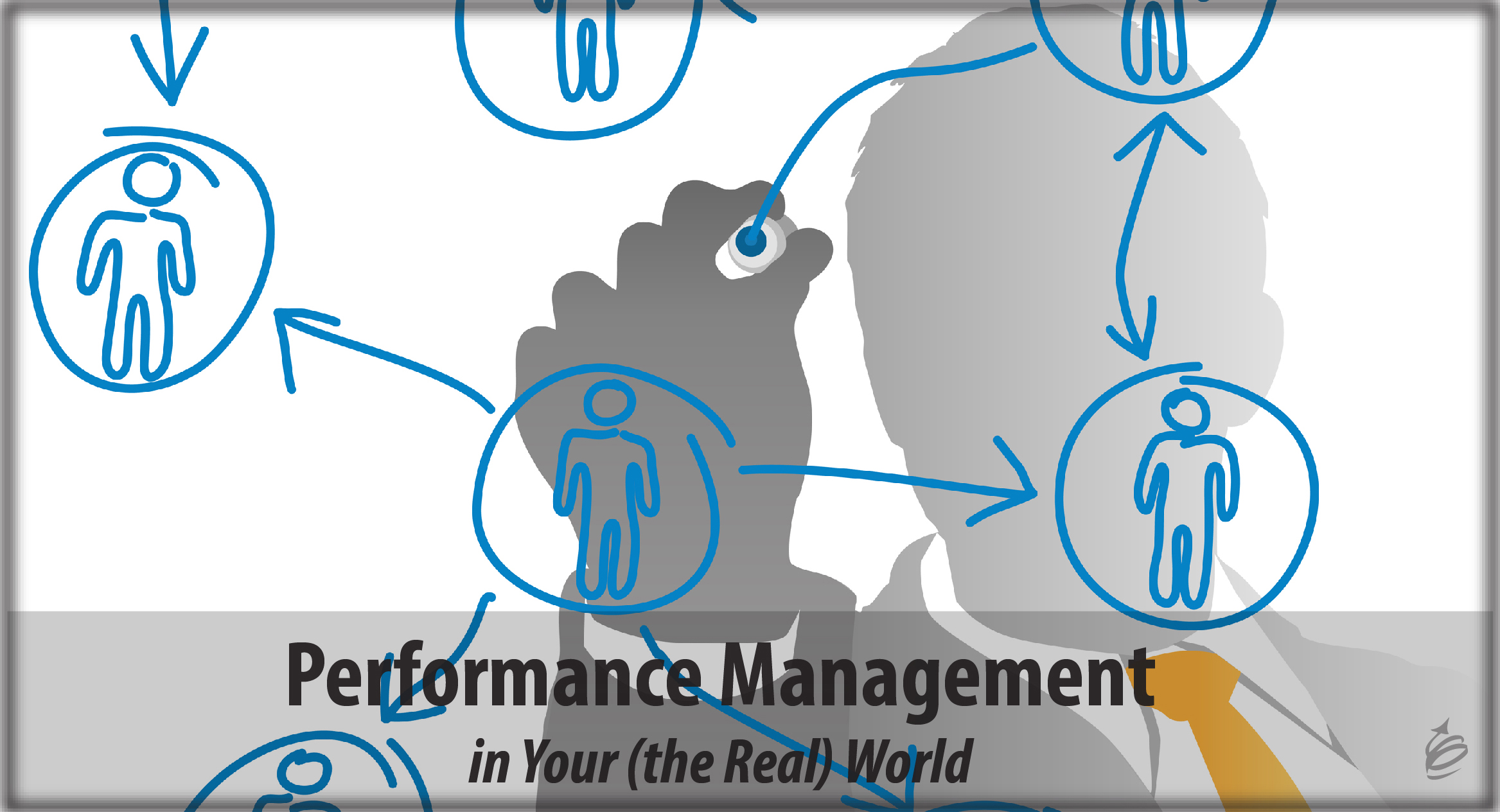 On July 26, 2016, Susan Peters, the Vice President of Human Resources at GE announced a shift in how performance management will be done for the 300,000 employees at GE. Her is part of what she announced:
On July 26, 2016, Susan Peters, the Vice President of Human Resources at GE announced a shift in how performance management will be done for the 300,000 employees at GE. Her is part of what she announced:
“Today we’re announcing our latest update to Performance Development. Bottom line: after running pilots with 30,000 employees and getting tons of helpful, detailed input from employees around the world, we are adopting GE’s performance development approach – without an annual static individual rating – as our company standard.”
You can read her full statement, which covers more than just performance management, here.
That news is interesting in part because it comes from such a large and respected company. But similar news is coming from other companies as well. There are many organizations that are eliminating the annual employee rating and the annual performance review meeting. And while that trend is going on, there are hundreds of companies updating and revamping their processes, and in many cases buying new software tools to help them make these changes.
These trends are interesting to HR and talent development professionals, but to you as an individual leader, they don’t matter very much day-to-day, do they? Because whatever system or approach your organization has adopted, is the one you need to work within.
Let me go a step further – it doesn’t matter what your organizational system is, however effective or flawed (or both) it might be. Because what really matters is how you work with those you lead/supervise/coach to help them achieve their work objectives.
So rather than thinking about, wringing your hands about, or worrying about your organizational process, why don’t you just get better at helping your team members know where they stand and keep getting better?
There is more to this than I can share in one article (which is why I am writing a book and creating a new training product on the topic), but here are two critical things you can do today that will make this all really work for you, your team members, and your organization.
Think About it Differently
Our thoughts drive our actions – and if our thoughts are negative, cynical, or misguided we won’t get great results. If you are thinking about performance management, performance appraisals or performance evaluations you are heading in the wrong direction (do you or your team member want to be managed, appraised or evaluated?). Frame your thinking about these processes in the way that GE has – call it performance development.
Think about how you can help your team members develop themselves so that they deliver on their job expectations and more. When we think about it this way we are thinking proactively about the future (since you can’t change the past anyway), rather than simply providing people with a history lesson of what they have already done.
Additionally, while you might not love everything about your organization’s process, you do have a responsibility as a leader to use it. Focus your attention less on what is wrong with the process and more on how you can make it work for you and your team. (And the biggest thing you can do here is coming next . . .)
Talk Regularly
People are performing every day. They are doing some things well, some other things superbly and some things that could be polished or need serious improvement. If we aren’t having regular conversations, how can they know if they are hitting the mark or not? How can they know what to change or tweak, and what to keep on doing?
If all we do is have the annual performance review meeting, the performance of each day gets repeated, whether is it going well or not; until the performance review when you get to be a history teacher and fill people in on how they have done – with no chance to adjust or change anything.
If you want your team members to perform as required, as well as grow and improve, you have to talk to them regularly – whether those conversations are formal or informal (likely a good number of each). You can make any performance management system better if you will commit to frequent conversations about performance and results with your team members.
Do that and everyone will win.
If as a leader, whatever your level or span or responsibilities, you think differently about “performance management” and you talk far more regularly with your team member about their performance, you will really be making performance management work in the real world.
If you want to put an end to ineffective, old-school performance management methods that aren’t working, START HERE!

You are quite right about this. As an individual contributor whose job is to provide leadership and management development, I have been working with managers at my company to give them the tools for continuous performance management to enhance the performance feedback and the overall annual appraisal process. I am working to improve things within the system we have.